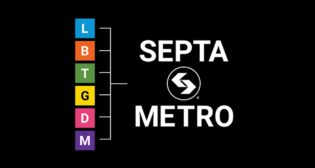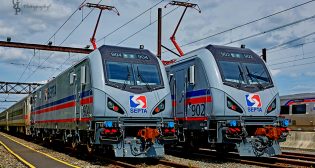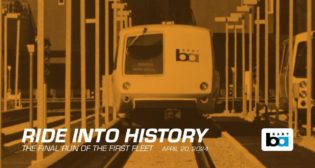
BART taps Bombardier; U.S. content at issue
Written by Douglas John BowenBART's Board of Directors Thursday approved an $896 million contract with Bombardier Transportation for 410 cars to replace its aging rapid transit fleet, covering much of BART's self-prescribed need for 775 cars, replacing its current fleet of 669. But the Board's decision, and the materials involved in the order, is not without controversy.
BART has said its “Fleet of the Future” program would be assembled within the U.S., with at least 66% of its contents “made in America.” Bombardier’s bid met those requirements while being 12% lower than any other bidder, as well as landing the highest technical rating.
All 410 cars would be in revenue service by 2020.
Protesting the decision as a “lost opportunity,” the AFL-CIO’s Transportation Trades Department issued a statement Thursday arguing that rival manufacturer Alstom was the better choice overlooked by BART’s Board. Edward Wytkind, president of the TTD, said, BART’s move would “send $4 out of every $10 in federal taxpayer revenue overseas.”
“The losing bidder, Alstom Transportation, would have delivered rail cars with 95% domestic content,” Wytkind claims.
Bombardier Transportation’s corporate parent, Bombardier, Inc., is based in Montreal. Alstom’s headquarters are in Levallois-Perret, just outside of Paris. Both companies have extensive experience in U.S. passenger rail markets.
Bombardier last March also beat out its rivals, including an Alstom/Kawasaki consortium, in landing an order from New York’s Metropolitan Transportation Authority for 300 R179 subway cars, worth just under $600 million.
BART’s website says the agency’s cars are the oldest operating in revenue passenger service, with 439 of the cars built by Rohr Industries between 1968 and 1971. PATCO rail service linking Philadelphia and the city’s New Jersey suburbs, however, also is protected by vintage equipment, much of it also placed in service as early as 1968, manufactured by the Budd Co.



